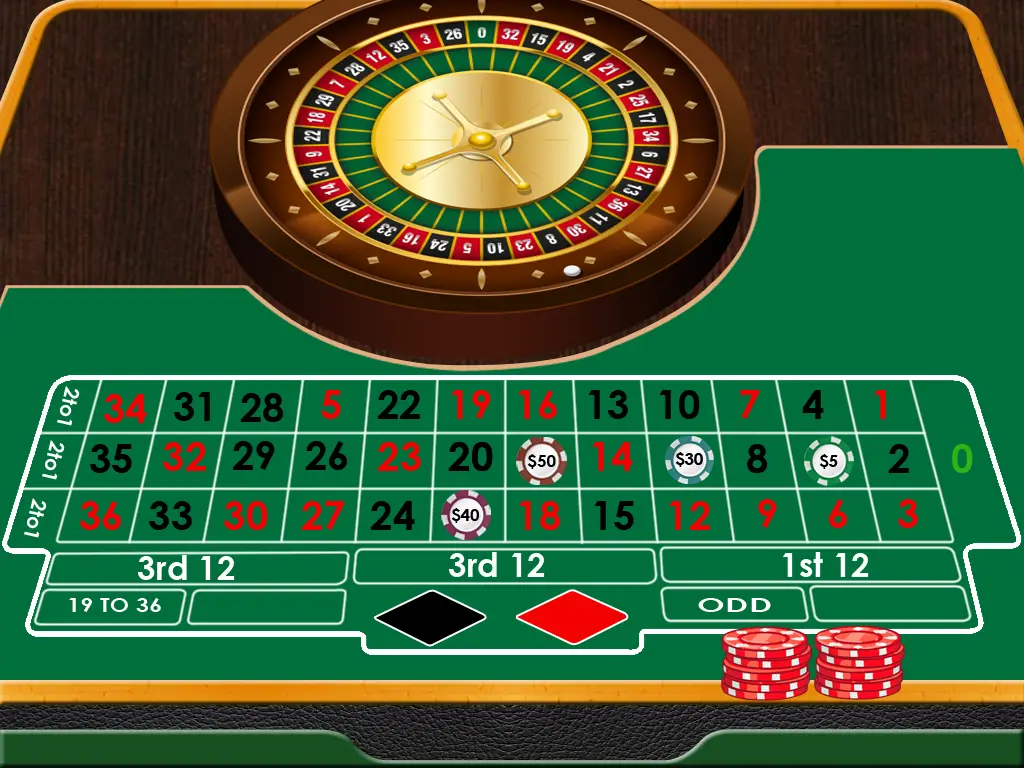Gambling is not just a game for the sake of excitement. It is a whole industry with multi-billion turnovers, strict rules, and its own language.
Any entertainment market evolves in cycles: first, there is a demand for new emotions, then formats emerge where risk becomes a commodity. This is how gambling games for money were formed – a segment that includes casinos, slots, poker tables, and roulette. But next to it is another market – betting, where forecasting and precise calculation are important. To understand the difference, it is important to understand the structure.
Gambling: what is it
Gambling is an activity where every decision is associated with risk and a chance of winning. The most famous casino games are lottery, roulette, blackjack, and baccarat. The mechanics are based on randomness, but some formats add an intellectual element, for example, poker, where the player’s skill influences the outcome.
According to international analysts, the global gambling entertainment market volume has exceeded $540 billion. Within the segment, entertainment has transformed into hybrid formats: online slots with elements of strategy, live casinos with forecasts and real-time betting.
Development history of the industry
Gambling is a phenomenon that dates back to ancient times. Archaeological finds confirm the existence of gambling games among the Sumerians and Egyptians over 5000 years ago. Dice made from animal bones were used for entertainment and rituals. The first rules were recorded on clay tablets. Even then, randomness and risk formed the basis of the process.
Casinos in their modern format emerged in the 17th century in Venice. The house where aristocrats gathered for roulette and cards became the prototype of the industry. In the 19th century, Monte Carlo turned into the capital of gambling entertainment in Europe.
The emergence of Las Vegas in the 20th century solidified the status of casinos as a global entertainment center. Today, the largest online platforms offer slots, baccarat, blackjack, and hybrid formats, and the market is growing at double-digit rates.
Gambling and betting: differences and nuances
Gambling involves games where chance predominates. Betting is based on wagers on real events: sports, esports, politics. The key difference is forecast versus luck. While slots or dice involve random number generators and RTP, in betting, everything is decided by the bookmaker, their odds, and the accuracy of event analysis.
The main difference is in the planning horizon. In betting, the player uses a strategy, evaluates team form, statistics, and probability. In gambling, the decisive factor remains risk and luck.
Types of gambling games: classification
Classification helps to see what mechanics form the basis of the industry and how different formats differ. The gaming industry is a system where each category sets its own level of risk, strategy, and engagement.
Here are the classic and modern formats:
- Casino – roulette, baccarat, blackjack, dice, slots.
- Lottery – drawings with a fixed pool, where each ticket depends on chance.
- Skill games – poker, where intellect and strategy complement random hands.
- Hybrid solutions – products combining elements of betting and gambling games for money.
This division shows how different segments work with psychology: one builds emotions on instant wins, the other on long-term bankroll management.
Risk and luck as the foundation
Gambling is a system where risk and luck intertwine. In roulette, the probability of a number coming up is fixed – 2.7% for one sector in the European version. In slots, the result is determined by RTP, which ranges from 92% to 98%. The player understands the rules, but randomness excludes control over the outcome.
In poker, the situation is different: calculating combinations, psychological play, and skill allow for building a strategy that reduces the influence of chance. This is where the attractiveness lies – the balance between forecast and luck.
Strategy and capital management
Gambling is not a chaotic pastime. A professional approach is based on bankroll management and strategy. Even in games with a high level of randomness, strategy helps control the process:
- distribute bets evenly;
- set loss limits;
- lock in winnings when reaching a goal;
- analyze results to adjust the approach.
Such discipline distinguishes entertainment as a form of leisure from professional play. Here, management and calculation play a role no less than randomness.
Intellectual element and role of skill
Gambling is not just a blind game of emotions. In intellectual formats – poker, blackjack, baccarat – skill influences the outcome. For example, the probability of getting a straight flush in poker is 0.00139%, but an experienced player manages bets to minimize risk and increase long-term winnings.
Casino games with an element of strategy have become popular precisely because they combine entertainment and an intellectual challenge.
Technologies and new formats
Gambling is a segment that actively adapts technologies. Online casinos implement random number generators to ensure fairness. Slots are evolving towards higher RTP and adding bonus mechanics. Live casinos use streaming video and professional dealers to create a presence effect.
Hybrid formats have gained special popularity. They combine gambling games and betting. The player simultaneously participates in a slot and makes a prediction on an event. This approach enhances engagement and creates a new type of entertainment where strategy intertwines with luck.
Rules and regulation
The gaming industry is a sphere that always comes with rules. Each licensed platform must comply with requirements: transparent RTP, player protection, payout control. The European Commission on gambling entertainment states that the average RTP in licensed slots is 96%.
Bookmakers and casinos operate within different legal frameworks, but both segments are regulated by government bodies. Bankroll management and awareness of the rules become key tools for safe play.
Psychology and perception
Gambling is not just about money and strategy. It is emotional involvement. Studies show that the dopamine rush from winning is comparable to the effect of physical exertion. Luck becomes a factor that shapes loyalty.
At the same time, successful players understand the importance of strategy and discipline. Risk is evaluated not as a chaotic process but as a manageable factor. Forecast and skill help minimize losses and increase the likelihood of winning.
Gambling: future and trends
The gaming industry is a market where new solutions emerge every year. VR casinos are gaining popularity, where players use headsets for full immersion. Artificial intelligence analyzes strategy and helps form forecasts. Hybrid products combine betting and gambling games for money, creating unique scenarios.
Randomness will always remain the foundation, but the intellectual element and strategy will strengthen. Entertainment will receive a new dimension where gambling games will become part of a comprehensive digital experience.
Conclusion
Gambling is an industry where gambling entertainment forms a unique market. In betting, strategy and analytics become key factors, while in gambling games, risk, luck, and proper capital management are crucial. Modern formats combine both approaches, creating hybrid solutions. This balance transforms entertainment into a dynamic market where rules, RTP, and strategy determine the path to winning.
 en
en  de
de  ar
ar  es
es  hi
hi  fr
fr  nl
nl  it
it  pt
pt  el
el 









